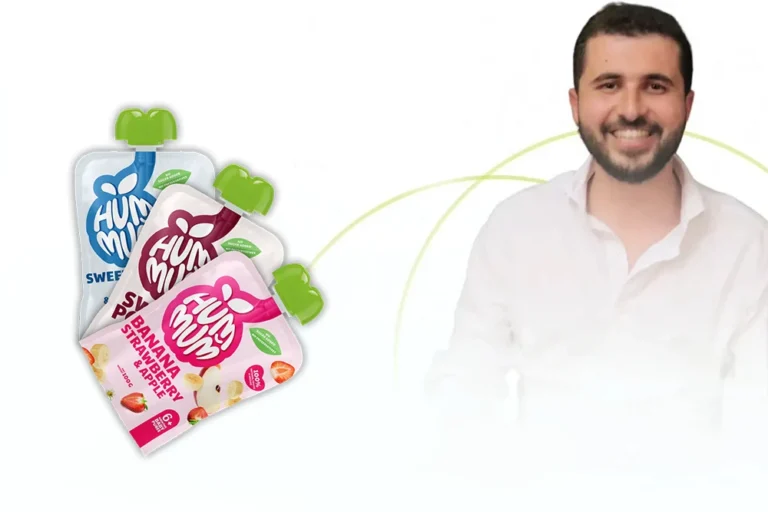
Is your baby ready for their first bites?
Dr. Ramy breaks down everything you need to know about starting solids—from recognizing the signs of readiness to choosing

Introducing vegetables into a baby’s diet is a vital step in ensuring their healthy growth and development. Vegetables provide essential nutrients that support physical and cognitive development, strengthen the immune system, and establish healthy eating habits that can last a lifetime. Here are several key reasons why vegetables are crucial in a baby’s diet:
Incorporating vegetables into a baby’s diet is foundational for their health and well-being. The nutritional, developmental, and long-term health benefits of vegetables are substantial. By introducing a variety of vegetables early and persistently, parents can set their children on a path to a healthy and balanced diet that can last a lifetime.

Dr. Ramy breaks down everything you need to know about starting solids—from recognizing the signs of readiness to choosing

The importance of nutrition in the early stages of life cannot be overstated. Babies, with their rapidly developing bodies

Introducing fruits into a baby’s diet is a delightful and nutritious way to support their growth and development. Fruits
Subscribe to our newsletter to receive special offer and first look at new products.
